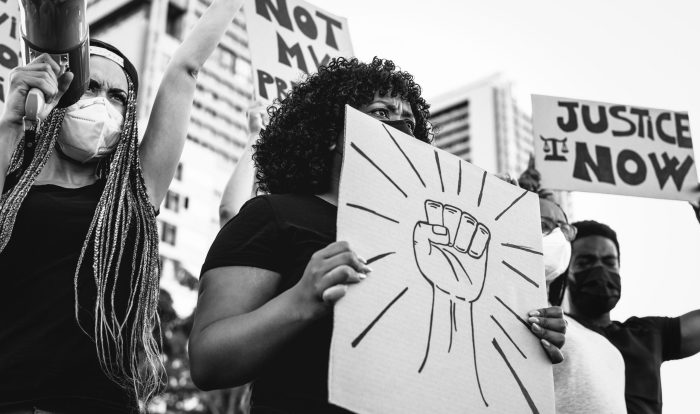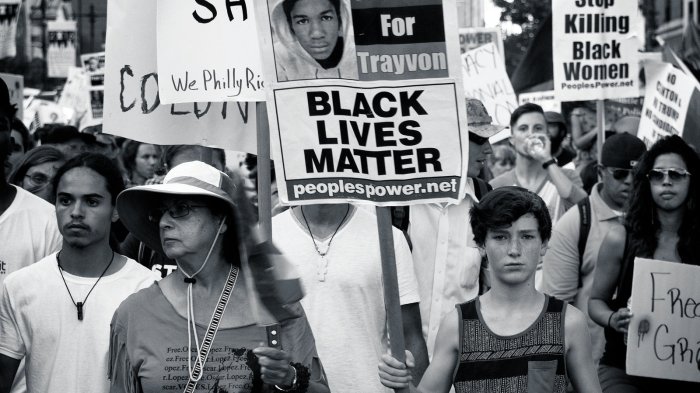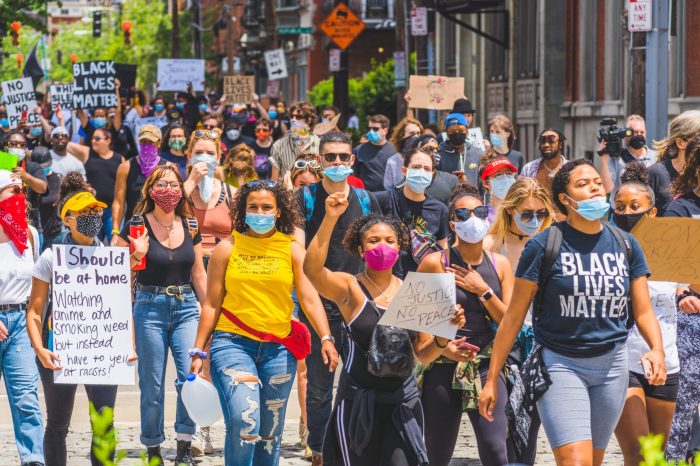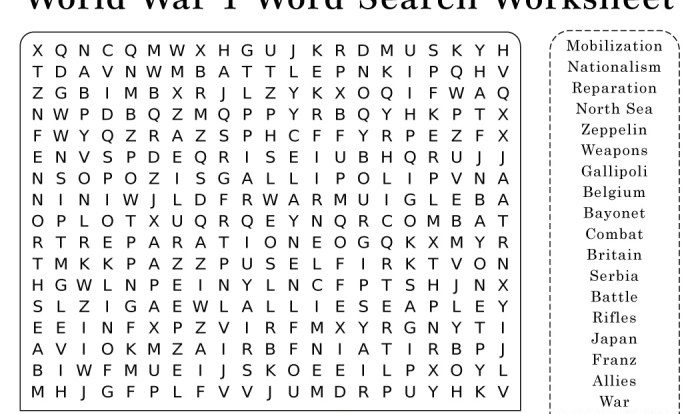Racial justice movement letters crossword – Embark on a journey through the racial justice movement’s compelling history, where letters emerge as powerful instruments for change. This narrative unravels the intricate tapestry of the movement, illuminating the pivotal role of correspondence in documenting struggles, mobilizing support, and advocating for a just society.
From the dawn of the movement to its contemporary manifestations, letters have served as beacons of resistance and resilience. They have chronicled the tireless efforts of activists, captured the anguish of oppression, and articulated the unwavering determination for equality.
Historical Context
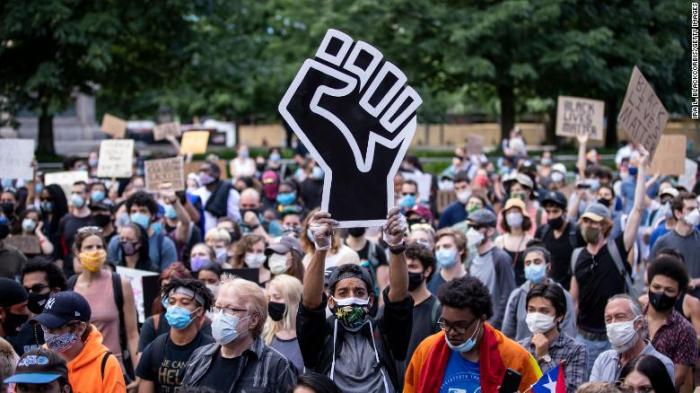
The racial justice movement in the United States has a long and complex history, dating back to the country’s founding. The movement has been shaped by the experiences of African Americans, who have faced systemic racism and discrimination throughout history.
Key figures in the movement include Frederick Douglass, W.E.B. Du Bois, Martin Luther King Jr., and Malcolm X. These leaders have played a pivotal role in raising awareness of racial injustice and advocating for change.
Major events in the movement’s history include the abolition of slavery, the Civil Rights Act of 1964, and the Voting Rights Act of 1965. These milestones have helped to dismantle legal barriers to equality, but racial discrimination and inequality persist today.
Crossword Puzzle Analysis
The clues in the crossword puzzle related to the racial justice movement reflect the movement’s history, goals, and impact.
For example, the clue “Civil rights leader who wrote ‘I Have a Dream'” refers to Martin Luther King Jr., a key figure in the movement who advocated for nonviolent resistance.
The clue “Organization that fought for equal rights for African Americans” refers to the National Association for the Advancement of Colored People (NAACP), a leading civil rights organization.
The inclusion of these clues in a crossword puzzle helps to raise awareness of the racial justice movement and its importance in American history.
Letters in the Movement
Letters have played a crucial role in the racial justice movement.
Letters from activists, leaders, and organizations have been used to document the movement’s history, mobilize support, and advocate for change.
For example, Frederick Douglass’s letter to the editor of the National Era in 1852 exposed the brutality of slavery and helped to turn public opinion against the institution.
Martin Luther King Jr.’s “Letter from Birmingham Jail” in 1963 articulated the moral imperative of nonviolent resistance and inspired countless people to join the movement.
Contemporary Perspectives, Racial justice movement letters crossword
The racial justice movement in the United States continues to face challenges today.
Racial discrimination and inequality persist in various forms, including police brutality, mass incarceration, and disparities in education and healthcare.
Activists and organizations are using new strategies and tactics to address these challenges, including social media campaigns, protests, and community organizing.
Global Impact
The racial justice movement in the United States has had a global impact.
It has inspired similar movements in other countries, such as the anti-apartheid movement in South Africa and the Black Lives Matter movement in the United Kingdom.
International organizations, such as the United Nations, have also played a role in supporting the movement and advocating for racial equality worldwide.
Commonly Asked Questions: Racial Justice Movement Letters Crossword
What is the significance of letters in the racial justice movement?
Letters have played a crucial role in documenting the movement’s history, mobilizing support, and advocating for change by capturing the experiences and perspectives of activists and leaders.
How have letters influenced the racial justice movement?
Letters have been instrumental in shaping public opinion, raising awareness about racial injustice, and galvanizing individuals and organizations to join the fight for equality.
What are some examples of influential letters written during the racial justice movement?
Notable letters include Martin Luther King Jr.’s “Letter from Birmingham Jail,” Malcolm X’s “Message to the Grassroots,” and Rosa Parks’s letter to the Montgomery Bus Boycott.
